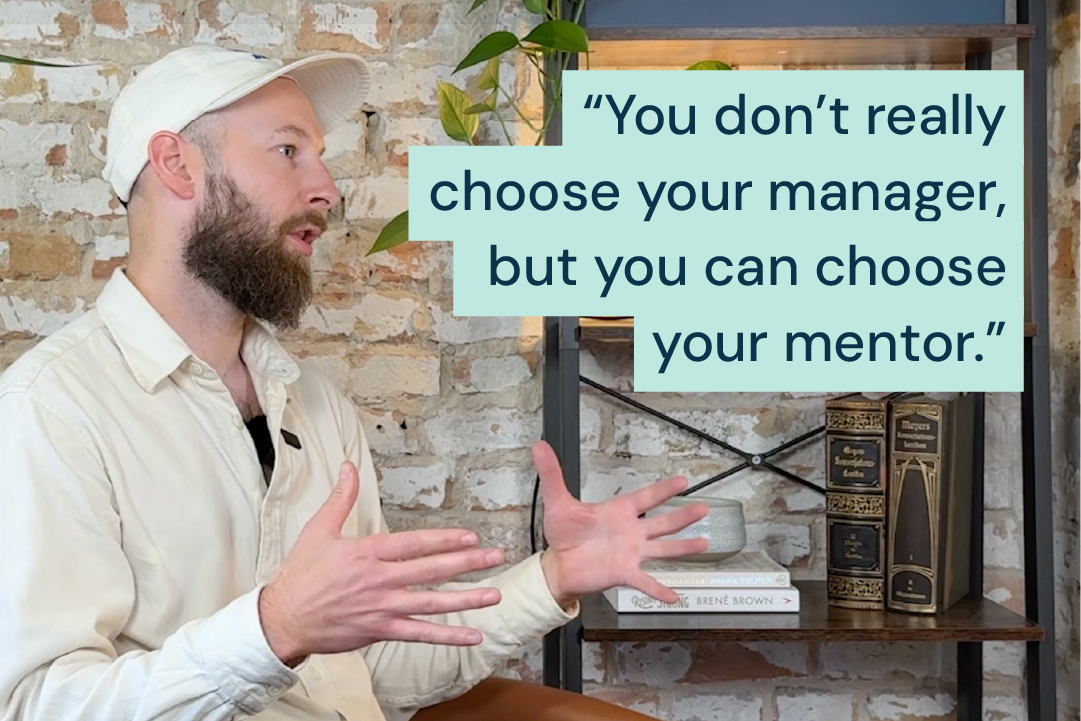Go into every negotiation confidently, and win.
Last month Techspace and Operations Nation partnered with UCD Michael Smurfit Graduate School of Business – Ireland’s leading business school – to bring one of its flagship executive education courses to Berlin. Typically priced at €3,000, members and friends were able to experience the full programme at an exclusive rate.
Industry leaders including Meta, Workday, HubSpot and Fitbit had already benefited from attending this programme, renowned for its practical, real-world application. Each year, it contributes to Smurfit’s strong performance in the Financial Times Executive Education Rankings, where the school was recently ranked the #1 provider in Ireland and a Top 50 school globally for the eighth consecutive year.
This achievement places UCD Smurfit Executive Development among an elite group of the world’s most recognised business schools.
Of course, we would recommend senior leaders to attend the next course when this goes live! But for those of you who want a quick summary of what's included in this Negotiations Course - here's a rundown of what's included:
- Introduction: The nature of negotiation
The key negotiation challenge for business negotiators is to create value so that negotiation is not a purely competitive, win-lose process. Evidence indicates that the vast majority of executives are failing in value creation.
- Strategies for creating value in negotiations
Value creation, or “win-win” is the most widely misunderstood concept in the field of negotiation, and many common misconceptions expose negotiators to unnecessary risks and sub-optimal outcomes. Participants will learn how to satisfy the interests of other parties while protecting their own interests and enhancing their own outcomes.
Participants engage in a negotiation role-play in which multiple issues need to be agreed and in which the extent to which they create and claim value is measurable. The role-play results and process form the basis for demonstrating the strategies that negotiators should (and should not) use.
- Preparing for negotiations
A comprehensive framework is presented that enables participants to prepare a strategic approach for any negotiation.
- Competitive bargaining: strategies for claiming value
In some types of negotiation it’s not possible to create value. Specifically, this situation arises if there is only one issue (typically money), and no other issues offer significant value to either side. Participants will learn the dynamics of bargaining situations and the secrets of effective bargaining skills, and how to combine these into a negotiation strategy that is both co-operative and competitive.
Once again a role-play is used as a basis for demonstrating the most effective strategies.
- Power
Negotiators who find themselves at an apparent disadvantage can at times do a considerable amount to improve their power. Participants will explore and practice a range of techniques for increasing their power in negotiations.
- Internal negotiations
In many organisations, executives spend as much time or more negotiating with and trying to influence their peers, managers and subordinates as they do with external parties. Tactics and strategies for internal negotiation are explicitly addressed in the workshop.
Participants engage in a multi-party negotiation between internal units of an organisation.
- Influencing strategically
Influence differs somewhat from negotiation: when trying to influence others we don’t always have something to exchange in order to get what we want. Additionally, the process of influence can often be long and gradual. Having a strategic framework for influencing focuses and reduces the effort required and improves the process and outcomes.
- Dispute resolution
Managing conflict and resolving disputes are key challenges for executives. Supported by a challenging dispute resolution role-play exercise, participants will learn the dos and don’ts for cost-effective and satisfactory management of conflict through negotiation.
- Managing people and emotions
Negotiation is not a purely logical process; it can be derailed by emotions or interpersonal conflict. Indeed, even the best prepared strategies can flounder if there are people problems at the negotiation table. Skilled negotiators are able to identify and handle a variety of interpersonal challenges, by learning to manage both themselves and others.
- Cross-cultural negotiations
The final topic in the programme presents frameworks to help participants to understand cross-cultural differences, and to be ready to account for them in their negotiation strategies.
Negotiation clinics and action planning
Throughout the programme, participants have the opportunity and are encouraged to identify and discuss situations and tactics they themselves face in their negotiations, either in open forum discussion or in private with the facilitator.
About the facilitator

Stephen Boyle has almost 25 years’ experience as a negotiation trainer, lecturer and consultant. He teaches at UCD Michael Smurfit Graduate Business School in Dublin, where he delivers courses in negotiation, influence and decision making on executive education, MBA, and other postgraduate degree programmes.
Stephen also designs and delivers customised executive development for corporate clients and has delivered workshops in Europe, the United States, the Middle East, Asia and in sectors as diverse as aircraft leasing, automotive, construction, consulting, energy, financial services, food and agribusiness, government, healthcare, law enforcement, legal services, pharmaceuticals, professional services, retail, and technology.
Prior to embarking on lecturing, training, and consulting career, Stephen held roles in management consulting, and in communication and change management at a Fortune 500 company.








